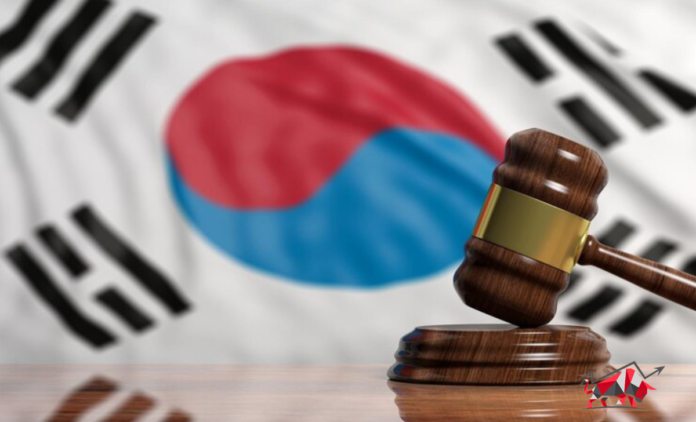Starting from 2024, nearly 6,000 South Korean government officials will be required to publicly reveal their cryptocurrency holdings. The announcement came from the country’s Ministry of Personnel Management on December 27, emphasizing that information about officials’ private crypto assets will be integrated into the Public Official Ethics System.
Unlike previous practices where some civil servants disclosed their crypto holdings in official gazettes or on ministry and parliamentary websites, the new Public Official Ethics System aims to provide greater transparency. In 2024, Korean citizens will gain access to declarations from at least 5,800 officials, shedding light on their crypto holdings.
Streamlined Information Provision Systems by Major Exchanges
Starting June 2024, five major South Korean cryptocurrency exchanges—Upbit, Bithumb, Coinone, Korbit, and Gopax—will introduce separate “information provision systems.” These systems are designed to simplify the process of registering information about individuals’ crypto holdings, contributing to a more streamlined and efficient disclosure mechanism.
The push for mandatory disclosure comes on the heels of a crypto scandal involving Kim Nam-kuk, a Democratic Party member. In May 2023, it was revealed that Kim had once held over $4.5 million in Wemix (WEMIX) tokens, developed by South Korean blockchain game developer Wemade. The incident raised concerns about potential conflicts of interest, insider information usage, and even money laundering.
South Korea’s Legislative Amendments and Party-wide Compliance
Reacting promptly, South Korea’s National Assembly unanimously voted to amend both the National Assembly Act and the Public Service Ethics Act. This amendment enforces the mandatory disclosure of crypto assets by civil servants. In November, the Democratic Party of Korea, holding the majority in the National Assembly, extended the obligation to its prospective candidates. They are now required to disclose their digital asset holdings on their party profiles, marking a broader commitment to transparency within the political landscape.


